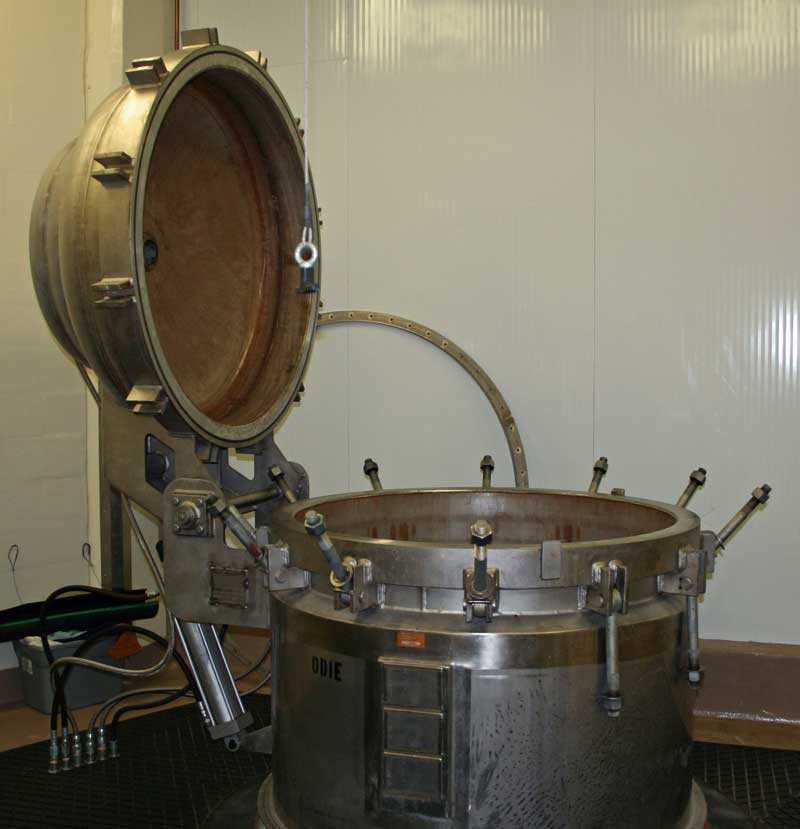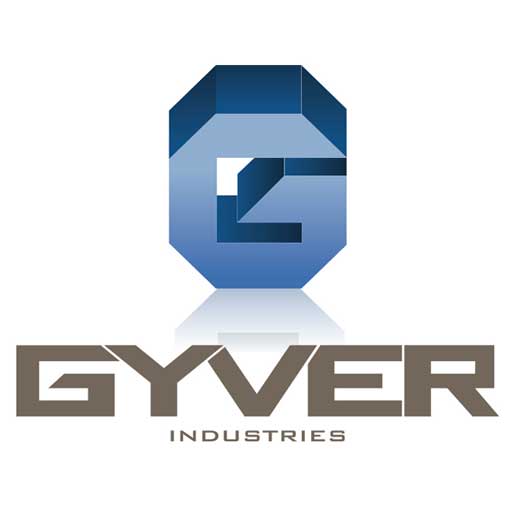At Gyver Industries, we care about the environment, and are constantly trying to find better ways to perform lab waste disposal. We are getting greener all the time! Our philosophy is, “Use it one more time before throwing it away,” and our ultimate goal is zero waste.
Historically, lab waste disposal has involved contributing to landfill, and other unsustainable waste stream practices. But, we have found a better way: The biological waste generated from Gyvers tissue digesters can be used as compost by agronomy farms, schools, and research facilities; and potentially by large agricultural and meat processing companies.
Compost is used as an amendment that increases the organic content of soil, enhancing biological activity. The water and nutrient holding capacity of the soil can be increased. However, the quality of available compost can vary widely. High quality compost must meet the following standards:
- Small particle size
- Minimum of 50% organic content
- High carbon to nitrogen ratio
- Appropriate pH for the plant species
- Salinity of less than 4.0 dS/m
- Sodium content of less than 25% of the total soluble salts
- Moisture content between 35% and 60%
- Free of contaminants
- Free of organic phytotoxic substances
- Appropriate nutrient content for amount of compost used
- Free of heavy metals
- Free of weeds and diseases
The lab waste disposal process associated with Gyvers tissue digesters produces highly effective biological waste-based compost with excellent mineral ratios and no heavy metals. Like any quality compost, it quickly enriches the soil with carbon and other nutrients, accelerates the growth process, and reduces landfill. (Please visit our resources section to learn about research we have conducted in conjunction with the Northern Colorado environmental consulting company, Stewart Environmental.)
With this approach, Gyver is moving toward the future and helping both labs and agronomy departments at large research facilities and universities. Labs benefit from an efficient, cost-effective way to dispose of biological waste, and agronomy farms benefit from faster growth and healthier plants.
To learn more, call (970) 568-4220, or send an e-mail to gyversboss@gyverindustries.com.
Meanwhile, we invite you to visit our products page to find out about our full line of animal waste digesters.
At Gyver Industries, we care about the environment, and are constantly trying to find better ways to perform lab waste disposal. We are getting greener all the time! Our philosophy is, “Use it one more time before throwing it away,” and our ultimate goal is zero waste.
Historically, lab waste disposal has involved contributing to landfill, and other unsustainable waste stream practices. But, we have found a better way: The biological waste generated from Gyvers tissue digesters can be used as compost by agronomy farms, schools, and research facilities; and potentially by large agricultural and meat processing companies.
Compost is used as an amendment that increases the organic content of soil, enhancing biological activity. The water and nutrient holding capacity of the soil can be increased. However, the quality of available compost can vary widely. High quality compost must meet the following standards:
- Small particle size
- Minimum of 50% organic content
- High carbon to nitrogen ratio
- Appropriate pH for the plant species
- Salinity of less than 4.0 dS/m
- Sodium content of less than 25% of the total soluble salts
- Moisture content between 35% and 60%
- Free of contaminants
- Free of organic phytotoxic substances
- Appropriate nutrient content for amount of compost used
- Free of heavy metals
- Free of weeds and diseases
The lab waste disposal process associated with Gyvers tissue digesters produces highly effective biological waste-based compost with excellent mineral ratios and no heavy metals. Like any quality compost, it quickly enriches the soil with carbon and other nutrients, accelerates the growth process, and reduces landfill. (Please visit our resources section to learn about research we have conducted in conjunction with the Northern Colorado environmental consulting company, Stewart Environmental.)
With this approach, Gyver is moving toward the future and helping both labs and agronomy departments at large research facilities and universities. Labs benefit from an efficient, cost-effective way to dispose of biological waste, and agronomy farms benefit from faster growth and healthier plants.
To learn more, call (970) 568–4220, or send an e-mail to gyversboss@gyverindustries.com.
Meanwhile, we invite you to visit our products page to find out about our full line of animal waste digesters.


